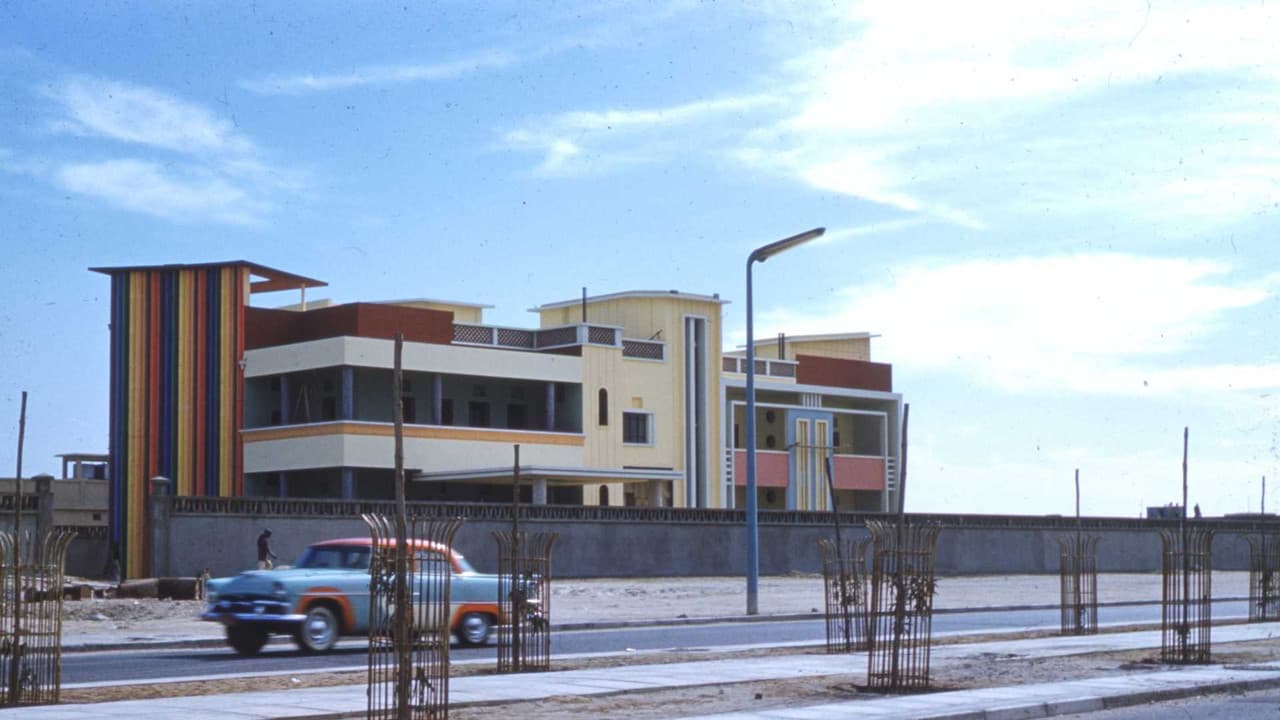Kuwait's labor laws provide a comprehensive framework designed to protect the rights and ensure the well-being of employees working within the country. These regulations cover various aspects of the employment relationship, from the initial hiring process through to termination and post-employment benefits. Understanding these protections is crucial for both employers and employees to ensure compliance and foster a fair working environment.
The legal framework aims to establish clear standards for working conditions, prevent discrimination, ensure workplace safety, and provide mechanisms for resolving disputes. Adherence to these laws is mandatory for all employers operating in Kuwait, contributing to a stable and equitable labor market.
Termination Rights and Procedures
The termination of an employment contract in Kuwait is governed by specific legal provisions that outline valid grounds, required procedures, and employee entitlements. Termination can occur for various reasons, including mutual agreement, expiry of a fixed-term contract, or unilateral termination by either party under specific conditions.
An employer may terminate an employee for cause without notice or end-of-service indemnity in certain severe circumstances defined by law, such as gross misconduct, repeated failure to perform duties, or unauthorized absence. In cases of termination without cause or for reasons not specified as grounds for immediate dismissal, the employer must provide notice.
The required notice period depends on the employee's length of service:
| Length of Service | Required Notice Period |
|---|---|
| Less than 5 years | 1 month |
| 5 years or more | 2 months |
During the notice period, the employee is generally entitled to their full salary and benefits. Upon termination, employees are typically entitled to end-of-service indemnity, calculated based on their length of service and final wage, unless terminated for specific severe misconduct reasons.
Anti-Discrimination Laws and Enforcement
Kuwaiti labor law prohibits discrimination in employment based on certain characteristics. The law aims to ensure equal opportunities and fair treatment for all workers.
Key protected characteristics include:
| Protected Characteristic | Legal Protection |
|---|---|
| Gender | Prohibition of discrimination in wages for equal work. |
| Religion | Protection against discrimination based on religious beliefs. |
| Race | Protection against discrimination based on racial origin. |
| Language | Protection against discrimination based on language. |
| Social Status | Protection against discrimination based on social standing. |
| Disability | Specific provisions often exist to protect the rights of workers with disabilities. |
While the law provides a foundation for anti-discrimination, enforcement mechanisms include the ability for employees to file complaints with the Ministry of Social Affairs and Labor (MOSAL) or pursue legal action through the courts if they believe they have been subjected to discriminatory practices in hiring, promotion, wages, or termination.
Working Conditions Standards and Regulations
Kuwaiti labor law sets standards for various aspects of working conditions to protect employee welfare. These include regulations on working hours, rest periods, holidays, and leave entitlements.
- Working Hours: The standard working week is typically 48 hours, or 8 hours per day, excluding rest periods. Specific regulations may apply to certain industries or types of work. Overtime work is permitted under specific conditions and must be compensated at a higher rate.
- Rest Periods: Employees are entitled to daily rest periods and weekly rest days, typically Friday.
- Annual Leave: Employees are entitled to paid annual leave, the duration of which increases with length of service. Generally, employees are entitled to 30 days of paid annual leave after completing one year of service.
- Public Holidays: Employees are entitled to paid leave on officially declared public holidays.
- Sick Leave: Employees are entitled to paid sick leave under specific conditions and for a defined duration, requiring a medical certificate.
- Other Leave: The law also provides for other types of leave, such as maternity leave for female employees.
Workplace Health and Safety Requirements
Employers in Kuwait have a legal obligation to provide a safe and healthy working environment for their employees. This includes taking necessary precautions to protect workers from hazards and risks inherent in the workplace.
Key health and safety requirements include:
- Providing adequate safety equipment and training.
- Ensuring machinery and equipment are safe to operate.
- Maintaining clean and hygienic working premises.
- Implementing measures to prevent accidents and occupational diseases.
- Providing access to first aid facilities.
- Adhering to specific safety standards relevant to the industry or type of work.
The Ministry of Social Affairs and Labor is responsible for overseeing and enforcing health and safety regulations. Employers may be subject to inspections and penalties for non-compliance.
Dispute Resolution Mechanisms
When workplace issues or disputes arise, employees in Kuwait have access to formal mechanisms for resolution. These mechanisms are designed to provide a fair process for addressing grievances and ensuring compliance with labor laws.
The primary avenue for resolving labor disputes is through the Ministry of Social Affairs and Labor (MOSAL). Employees can file complaints with the relevant labor department, which will typically attempt mediation or conciliation between the employer and employee.
If mediation fails to resolve the dispute, the case may be referred to the labor courts. The courts have the authority to hear labor cases, interpret the law, and issue binding judgments. Employees have the right to legal representation throughout this process.
Understanding these dispute resolution channels is important for employees seeking to address issues such as unpaid wages, unfair termination, or violations of working conditions or safety standards.
Employ top talent in Kuwait through our Employer of Record service
Book a call with our EOR experts to learn more about how we can help you in Kuwait







Book a call with our EOR experts to learn more about how we can help you in Kuwait.
Trusted by more than 1000 companies around the globe



